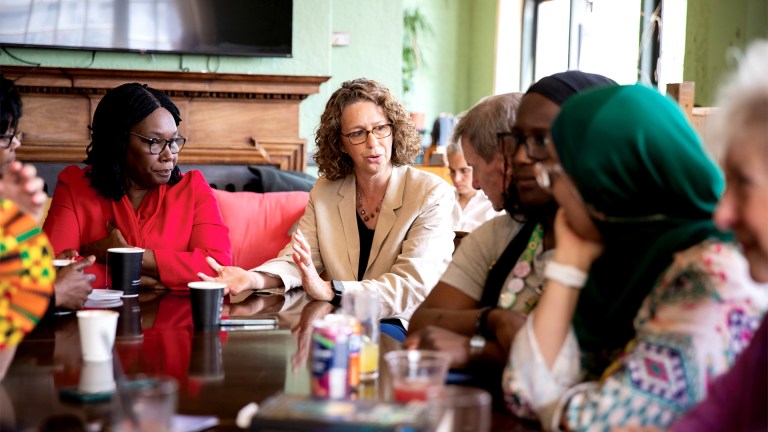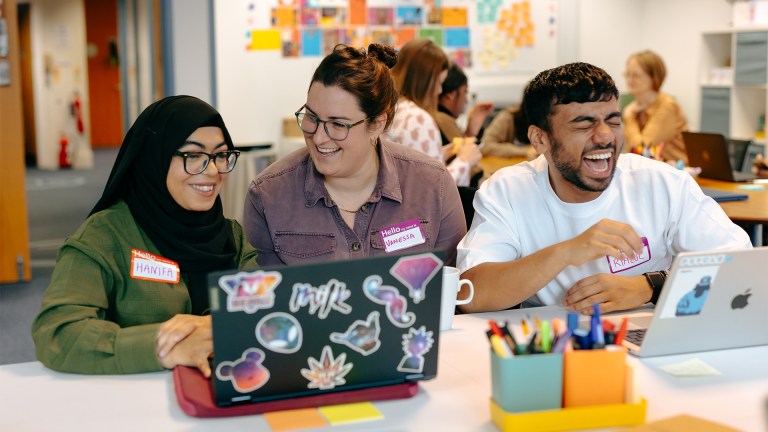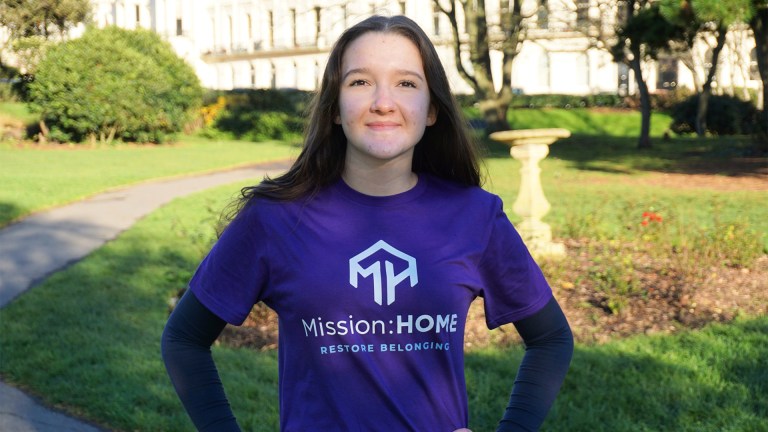Each week in The Big Issue we bring you a celebration of the thinkers, the creators, the agitators. We’re looking at somebody who has come up with an invention or an idea that is moving the dial. This week, we speak to Julia Salasky, whose crowdfunded justice idea filled a gap in Legal Aid.
This is the woman who helped change the face of Brexit. When the Supreme Court decided in 2017 that Article 50 should be triggered by parliament rather than royal prerogative – meaning MPs had to agree to starting the process – the victors had Julia Salasky’s online platform CrowdJustice to thank. So too when the Good Law Project won its European Court of Justice case – meaning the UK can unilaterally revoke Article 50, if the will of the people should shift and the nation feels like cancelling its departure from the EU. In a nutshell, CrowdJustice helps people fundraise legal fees and hold power to account.
Salasky, 36, graduated in 2007 to qualify as a commercial lawyer at Linklaters, but caught her big break when she moved to work at the UN in Vienna and The Hague. She worked on a major project focusing on online dispute resolution – trying to help consumers access the law online, across borders.
Salasky says it gave her insight into how difficult it can be for people to speak to lawyers and understand their legal rights. It was a world entirely shut off to huge sections of society, she says, with many “not even really feeling the law applied to or protected them”. Figures released by the Legal Services Board in 2015 showed that seven in 10 people with legal issues didn’t bother to pursue them.
That’s a massive gap in terms of access to justice and it’s a travesty
Lack of funding was the most common hurdle. “Legal Aid has been chipped away at for years and it is borderline impossible to access Legal Aid,” she says. “That’s a massive gap in terms of access to justice and it’s a travesty.”
But she claims no Eureka moment, just frustration at the status quo. By the time she had quietly developed the idea of a crowdfunding model, she was surprised that others looking for solutions hadn’t landed on the same answer.









